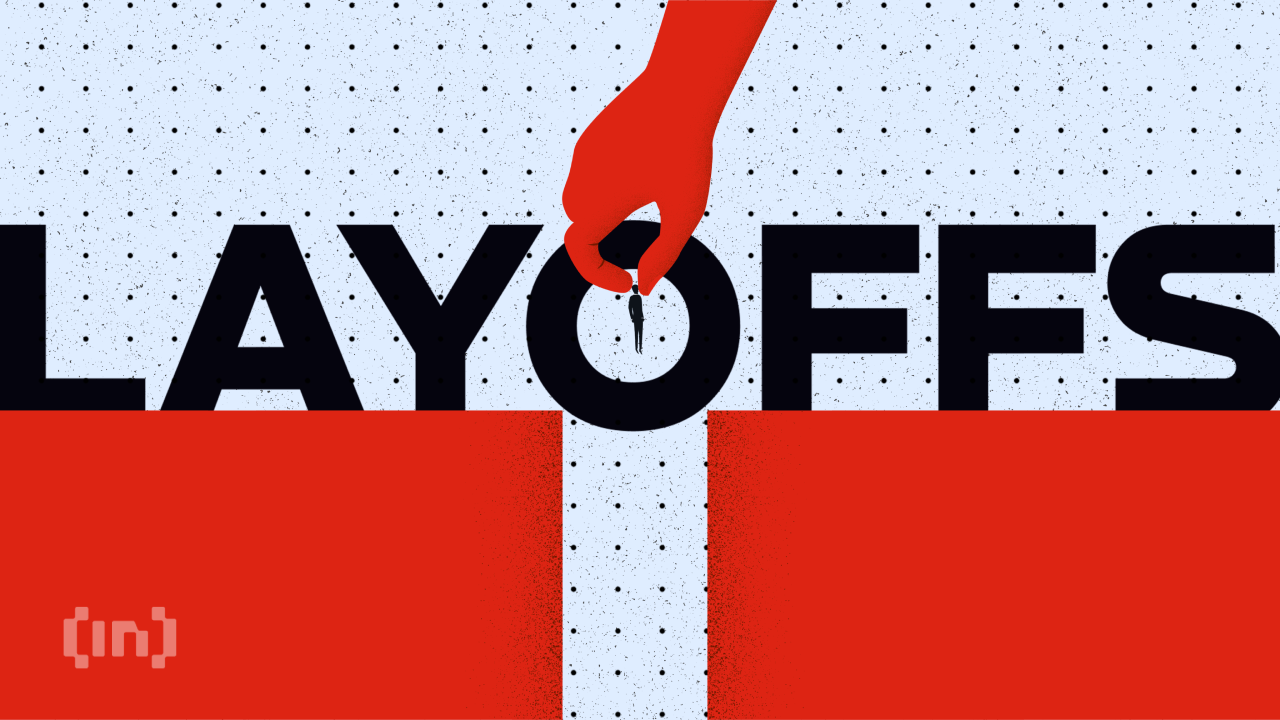SEC Moves Against $300 Million Crypto Ponzi Scheme | Patterson Belknap Webb & Tyler LLP
In March 2022, as it does every year, the Securities and Exchange Commission’s Division of Examinations (EXAMS) published its examination priorities, designed to highlight areas the agency deems worthy of increased scrutiny. Among these, the EXAM included “Emerging Technologies and Crypto-Assets”, noting that the SEC had observed “a proliferation of offers, sales and trading of crypto-assets”.[1]
Among the SEC’s recent enforcement actions in the cryptocurrency space is a civil case targeting an alleged pyramid and Ponzi scheme run through the internet domain Forsage.io. The case will be of interest to industry watchers as a test of the SEC’s longstanding position that the sale and promotion of cryptocurrencies and related assets are subject to securities laws.[2] Recently, SEC Chairman Gary Gensler reiterated in comments before the Practicing Law Institute that most cryptocurrencies qualify as securities and that existing SEC rules provide adequate guidance for the cryptocurrency industry.[3]
The complaint alleges that Forsage’s founders established cryptocurrency algorithms, or “smart,” contracts on three widely used blockchains, Ethereum, Tron, and Binance.[4]
Forsage was set up to resemble a traditional multi-level marketing operation (MLM) where individuals are recruited to buy and sell goods from existing sellers. In an MLM, a participant can earn money by increasing their own first-hand sales and also by recruiting their own salespeople, known as a “down line”. The MLM model is generally legal in the United States when the primary source of income is the actual sale of goods. However, when recruiting downline sellers becomes the primary income generator for participants, an MLM is classified as a pyramid scheme, which is generally not legal.[5]
Forsage’s business consisted of selling “slots” in cryptocurrency smart contracts, which the buyers were encouraged to resell. Smart contracts are a type of computer-executed algorithm that allocates cryptocurrency tokens to specific owners based on the terms of an agreement. Because the data code is executed every time a block is added to the blockchain, a smart contract is effectively self-executing – once completed, it cannot be changed and will work on its own without having to rely on a third party.[6]
When a Forsage Participant sold a contract slot, that Participant created an MLM downline and, under the terms of the smart contract, was eligible to receive a portion of future slot sales from the downline transactions in the future:

An image from Forsage xGold marketing materials for use on the Tron platform. The pyramid-style structure is illustrated on the left.
The SEC claims that “[t]he offer and sale of slot machines in Forsage’s smart contracts, and the accompanying right of investors to earn compensation from the sale of those slot machines … was an offer and sale of securities.”[7] This is consistent with the SEC’s stance on cryptocurrency contracts and Supreme Court precedent, which states that to qualify as a sale of a security, the slot machine sale had to involve four factors: (1) an investment of money; (2) a joint venture; (3) an expectation of profit; and (4) that the return comes from the efforts of others.[8]
Because Forsage “did not sell or offer to sell any product to bona fide retail investors—that is, individuals who are consumers of an actual, consumable product and not participants in an income opportunity,” it is alleged that the Forsage operation falls under the pyramid prohibition rather than qualify as a legal MLM.[9]
Furthermore, the SEC alleges that Forsage operated as a Ponzi scheme. A Ponzi scheme involves the promise of investment returns, but the returns paid to early investors are financed by the investment cash flows of later investors rather than any business operations. Forsage was marketed as an investment vehicle, and because “proceeds were raised through the sale of slot machines from investors who recruited additional investors”, this meant that “the payouts under Forsage’s compensation structure were made solely based on investments from the later investors.”[10]
The suit names four Russian nationals, currently believed to be residing in Russia, the Republic of Georgia and Indonesia, whom the SEC identifies as the founders of Forsage.[11] However, Forsage targeted an international audience, including recruiting a number of Americans to promote the scheme on social media. These promoters generated a consistent stream of videos on Youtube and media through other channels attempting to gain new members, support the downsell of current members, and disprove accusations that Forsage was a pyramid and Ponzi scheme. As a result, in addition to naming the four founders, the SEC’s action charges seven Americans from seven states with violating the registration and anti-fraud provisions of the federal securities laws.[12]
The SEC is seeking expungement, civil penalties and injunctive relief.
The case is SEC v. Okhotnikov, No. 1:22-cv-03978 (ND Ill.).
[1] Various of exams, 2022 Exam Priorities, US Sec. & Exch’g Comm’n (March 30, 2022) at 16.
[2] See e.g., Office of Investor Education and Advocacy, Investor Bulletin: Initial Coin Offering, Sec. & Exchange. Comm’n, 25 July 2017.
[3] T. Amure, Most cryptocurrencies are securities, says SEC chiefInvestopedia, 8 Sept. 2022, available in
[4] SEC v. OkhotnikovNo. 1:22-cv-03978 (ND Ill.) (the “Complaint”) at 3.
[5] See, e.gNEW GBL §359-fff.
[6] See, e.g., Levi and Lipton, An introduction to smart contracts and their potential and inherent limitationsHarvard Law School Forum on Corporate Governance, 26 May 2018.
[7] Complaint at 44.
[8] SEC v. WJ Howey Co., 328 US 293, 301 (1946).
[9] Complaint at 33.
[10] ID.
[11] ID. at 5-6.
[12] SEC charges eleven individuals in $300 million crypto pyramid scheme, Sec. & Exchange. Cmm’n, 1 August 2022.


